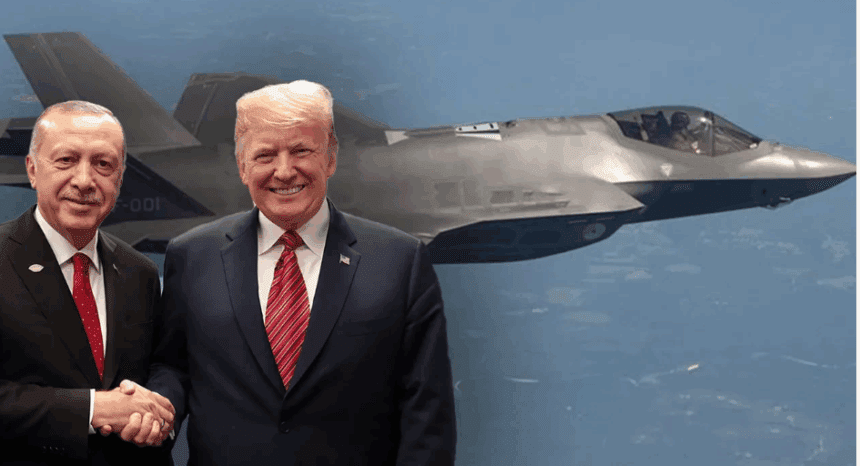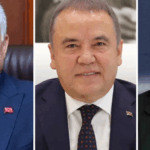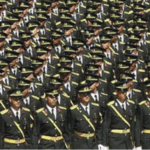President Recep Tayyip Erdoğan has expressed confidence that Turkey will be readmitted to the U.S.-led F-35 Joint Strike Fighter program under a renewed agreement with President Donald Trump, marking a potential reversal of a years-long rift between the two NATO allies.
Speaking upon his return from Azerbaijan, Erdoğan said he believed the deliveries of the advanced stealth fighter jets would resume in stages during Trump’s current term. His remarks were published Saturday by Turkey’s state-run Anadolu news agency.
“I believe Mr. Trump will remain loyal to the agreement we made,” Erdoğan said. “I think the F-35s will be delivered to Turkey step-by-step during his term.”
Turkey was removed from the multinational F-35 program in 2019 after it purchased Russia’s S-400 air defense system. The acquisition led to Turkey’s exclusion from the fighter jet project and the imposition of U.S. sanctions in 2020 under the Countering America’s Adversaries Through Sanctions Act (CAATSA). The dispute strained diplomatic and defense ties between Ankara and Washington.
While Erdoğan did not provide details about the current agreement, he described the F-35 issue as more than a defense matter, calling it “part of a geo-economic revolution” and framing it as a question of mutual trust and alliance within NATO.
U.S. Ambassador to Turkey Tom Barrack signaled earlier this month that the sanctions could be lifted by the end of the year. According to Anadolu, Barrack also stated that Trump and Erdoğan would instruct their foreign ministers to work toward a comprehensive resolution. He added that “Congress will support an intelligent solution” on the issue.
The developments come amid ongoing negotiations over a separate defense deal involving the sale of U.S.-made F-16 fighter jets to Turkey. In March, Erdoğan publicly urged Trump to expedite both the F-16 and F-35 matters, and in June, he claimed some sanctions had already begun to ease under the new administration.
If finalized, Turkey’s reentry into the F-35 program would mark a significant shift in U.S.-Turkey defense relations, potentially restoring Ankara’s role as both a buyer and a co-producer in one of NATO’s most advanced military initiatives.



